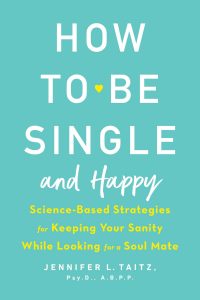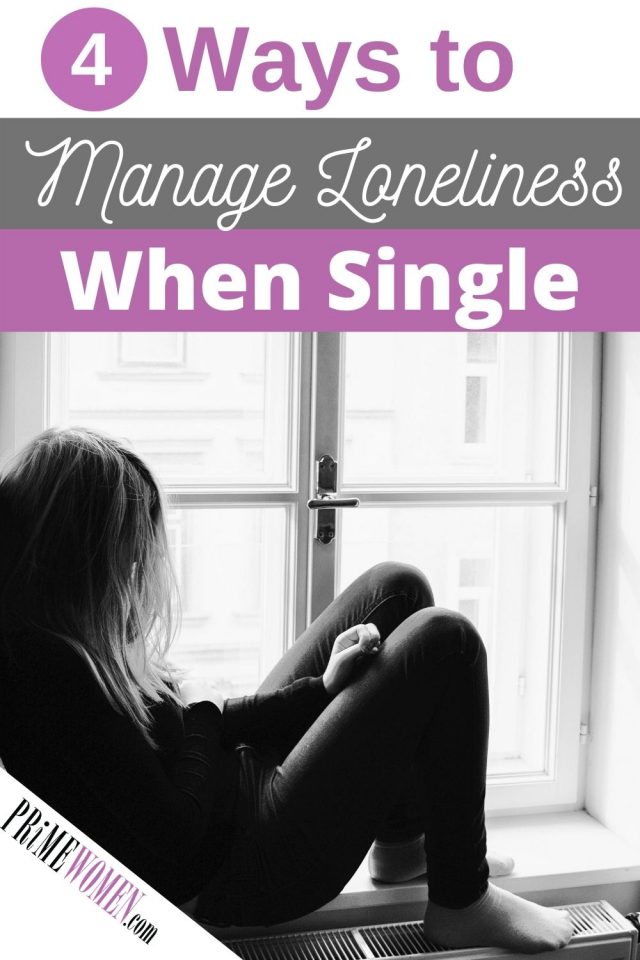Surrounded by books, papers, and articles, I am amazed that there is so much advice about how to stop feeling lonely, but none of it really resonates with me. ‘Join social groups, volunteer, connect more with your friends are all good advice, but none of these activities actually fulfill that particular need for intimate connection.
The issue is that we are biologically programmed to crave intimate relationships. And when we want a loving relationship and we don’t have one, feelings of loneliness are our brains’ natural response. To expect to stop lonely feelings would be like expecting not to feel hungry when we are fasting.
In the past year, it’s become increasingly difficult not to feel lonely from time to time. Working from home has removed the opportunity to connect with coworkers. Having to put social gatherings on hold has left us missing out on the conversations and connections that are so important to our mental and emotional well-being. We miss our family and friends, and it can really take a toll on us.
One book, however, offers some realistic advice about loneliness. In How to Be Single and Happy: Science-Based Strategies for Keeping Your Sanity While Looking for a Soul Mate, Jennifer Taitz suggests that we may not be able to stop feeling lonely, but we can lessen the impact that loneliness has on us, and we can find happiness in being single.
In the first article of the Prime Women Loneliness series, I describe how loneliness in small doses is useful because it motivates us to forge meaningful connections with others. But prolonged loneliness can be counterproductive because it triggers our fear response. When the fear response kicks in, it triggers self-doubt and hypersensitivity to any signs of rejection. With the disappointment that often accompanies dating, we may begin to feel powerless, leading to a sense of hopelessness about ever finding someone.
4 Ways to Manage Loneliness
Taitz’s book draws on the premise of Buddhism (and therapies such as CBT, ACT, and Mindfulness) that pain does not equal suffering. Loneliness may be painful, but wishing life was different and worrying that we will always be alone makes us suffer. We may not be able to stop the loneliness, but we can address the other self-defeating thoughts, feelings, and beliefs triggered by the fear response that loneliness provokes. Here is how.
1. Become mindful of the thoughts and beliefs that incite feelings of loneliness.
Our fear response makes us more prone to rumination or fixating on a particular thought or belief. As Taitz points out, rumination can be so subtle that we often don’t notice we are doing it. And it is portable, so we can do it anywhere.
Loneliness is an urge similar to hunger. We may feel hungry, but ruminating about how much better it would be to have a hamburger simply magnifies our hunger. A beautiful sunset or a late Sunday in bed can turn from pleasure to sadness when we consider that it would be better with someone else.
2. Feeling hypersensitive —> Practice radical acceptance
Dating can be a challenging task; there are a lot of frogs out there. And sometimes we can be the froggy ones. Our fear response heightens our tendency to judge ourselves and others more harshly.
Loneliness also makes us more likely to misread social cues as well; for example: misconstruing someone’s absent-mindedness as malice. Radical acceptance means that we don’t try to change anything; rather, we accept ourselves and others exactly how they are in this moment. When we accept others for who they are, foibles and all, we become more accepting of ourselves as well.
Radical acceptance includes accepting where we are right now too. We may not be able to control whether we find love immediately, but we can accept that so much of finding love is outside of our control.
Acceptance is not a one-time occurrence. We choose acceptance this moment, and then we choose acceptance when we start to struggle, and then again. Acceptance can be much harder than it sounds, but it can alleviate the frustration and sadness that often accompanies feeling lonely. Certain meditations and psychotherapies such as ACT (Acceptance and Commitment Therapy) teach these tools.
3. Feeling hopeless —> Stop borrowing loneliness from tomorrow
When we are lonely, we tend to worry that our circumstances will never change. The reality is that we cannot predict the future. Even if we have been single for many years, someone may come into our life tomorrow. Anticipated aloneness not only makes us unhappy, but it can also cloud our judgment. We may settle for someone who doesn’t make us happy. Or we may spend hours, months, or years agonizing, then meet someone and regret all the time that we wasted struggling.
4. Feelings of powerlessness —> Choose a life purpose
‘The belief that your happiness hinges on an external circumstance that you can’t control (i.e., meeting a romantic partner) not only makes it harder to find love, but it also sets you up for unhappiness,’ suggests Taitz. Refocusing on things that are both important to us and within our control can empower us. Research shows that the more we feel that our lives have meaning, the more we can bounce back from disappointment.
If you are unsure what your purpose could be, Taitz suggests asking yourself, what is important to you? What gives you pleasure or a sense of mastery? How do you want to live your life? Then ask, what actions can you take towards this end? And get scheduling.
These suggestions in no way aim to trivialize the experience of loneliness but hopefully can provide light and hope to the difficult process of finding love. Or maybe you will find so much satisfaction through this process that you will no longer feel any loneliness.
If you want to start connecting with other single women, you can start by joining the Prime Women Singles Facebook Group, or you can connect with other members of the Prime Women community by joining our private Facebook group, which has over 4300 members!
Read Next:
What Do the Holidays Have to do With the Loneliness Epidemic?









